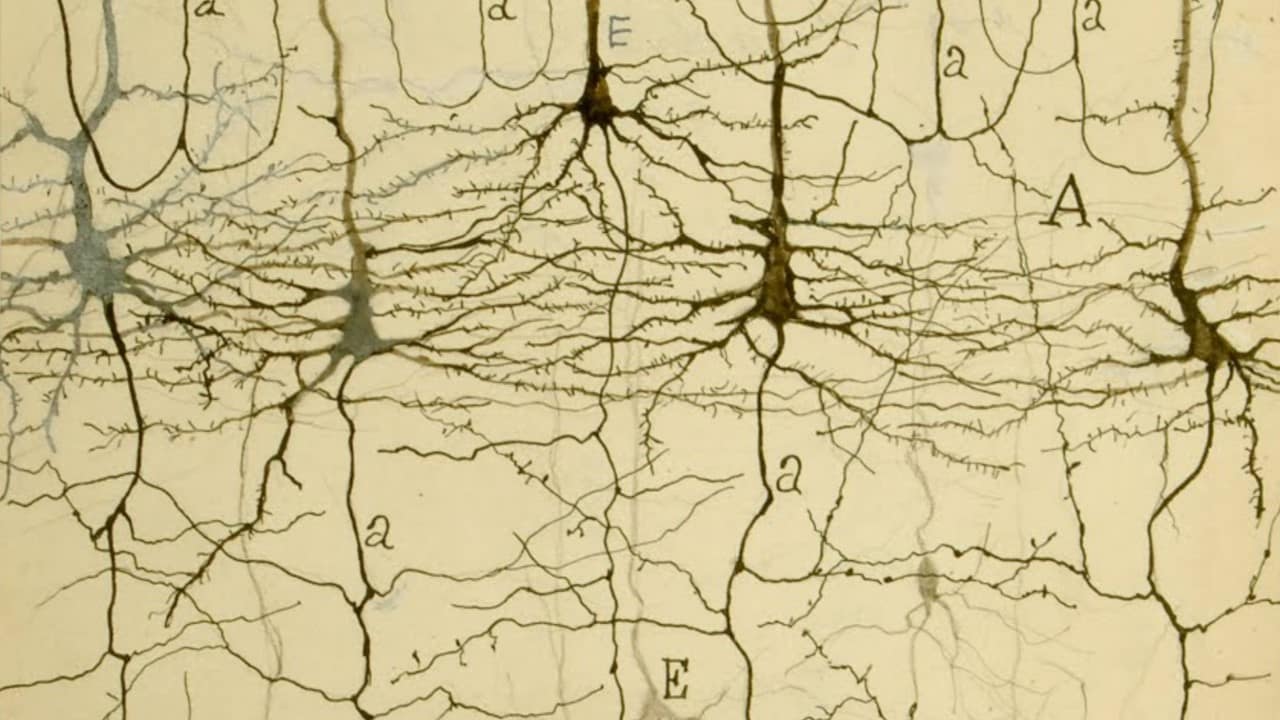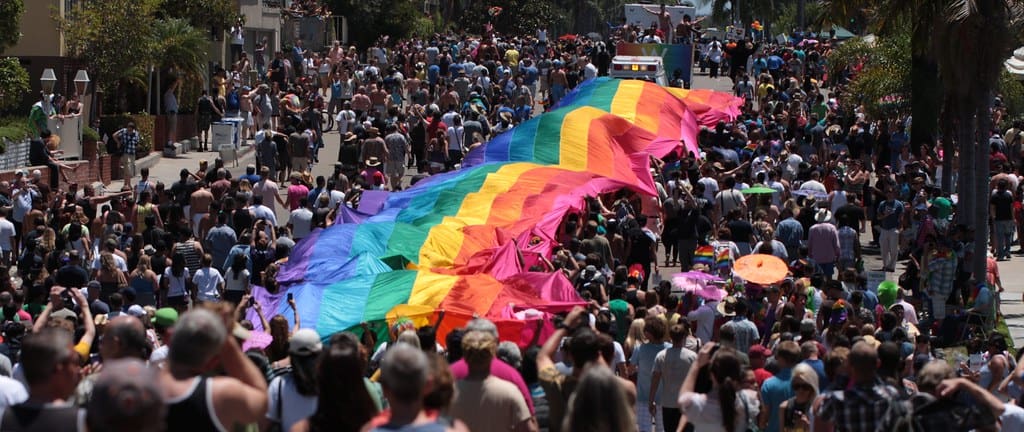Negotiations are everywhere, really. But negotiating successfully is not easy, especially if you have only little power over the process or its outcome. But does this mean you’re doomed to end up the loser? Perhaps not, as Giorgos Michelakis explores in this post.
Is love truly more blind than ever? With the rapid rise in the popularity of dating apps during the pandemic, it has become difficult to create (intimate) connections. This blog post talks about the possible downsides and positive aspects of virtual dating and invites the readers to reflect upon their own dating experiences.
This blog post by Tamara Lühr is about the impact of language on gender inequality. Discussing terms such as male bias and androcentrism, she portrays how gendered language shapes our understanding of gender roles. Possible solutions and linguistic alternatives are proposed as a call for change.
Three master students write about the pitfalls and opportunities of creative group work. Traits that seem a bonus, may turn out to be a pitfall – and the other way around.
The opening hours of the university library in Groningen extend to 23:59h during exam weeks. But is it wise revising your exam materials late at night? Sophia Wilhelm puts this to doubt, and bases this on neuroscientific evidence.
Humans tend to perceive time as passing at confusing speeds. This blog post explores the mechanisms that underlie the time distortions experienced by many of us, especially during the pandemic.
Many think that believing in monism and not in any kind of metaphysical soul means believing in no mind at all. I am clearing up this misconception and argue that if the brain is the mind (just on a different level), psychology becomes the indirect study of the brain and neuroscience becomes the indirect study of the mind.
When it comes to issues of sexuality, whether it’s sexual satisfaction or sexual shame, the role of religion seems to have been neglected. In this post, Lena Bogdanska explores the issue.
Why do people accept inequality, and sometimes even support policies that perpetuate inequality? In this post, Isabella Lanza Turner explores the issue from the perspective of System Justification Theory.
Gender identity is a crucial process in developmental trajectories. In the case of transgender adolescents, they may face regular discrimination and limitations. Taking the perspective of Personality Psychology gives way for new arguments in favor of granting adolescents more autonomy to decide about their own identity pathways.










